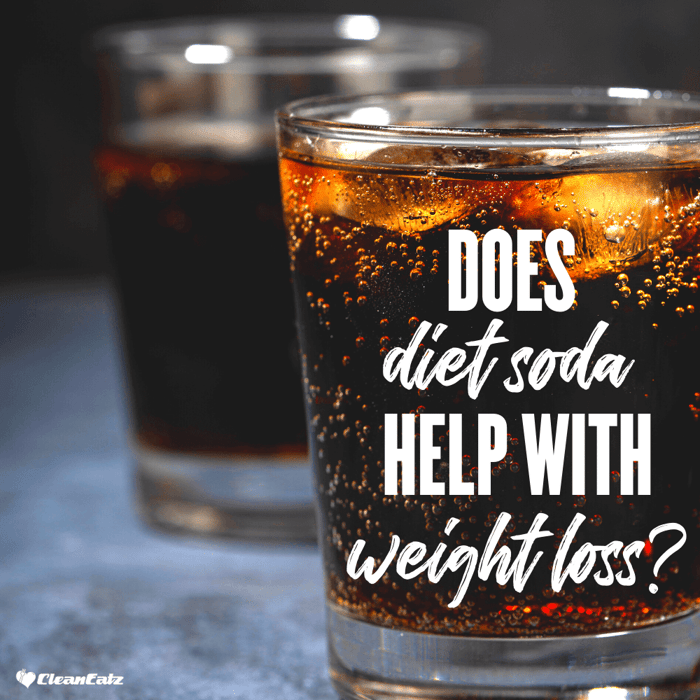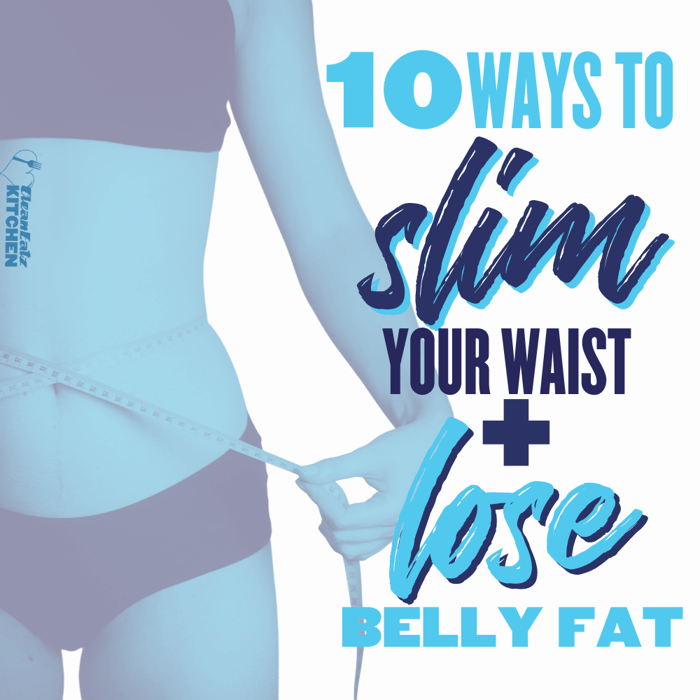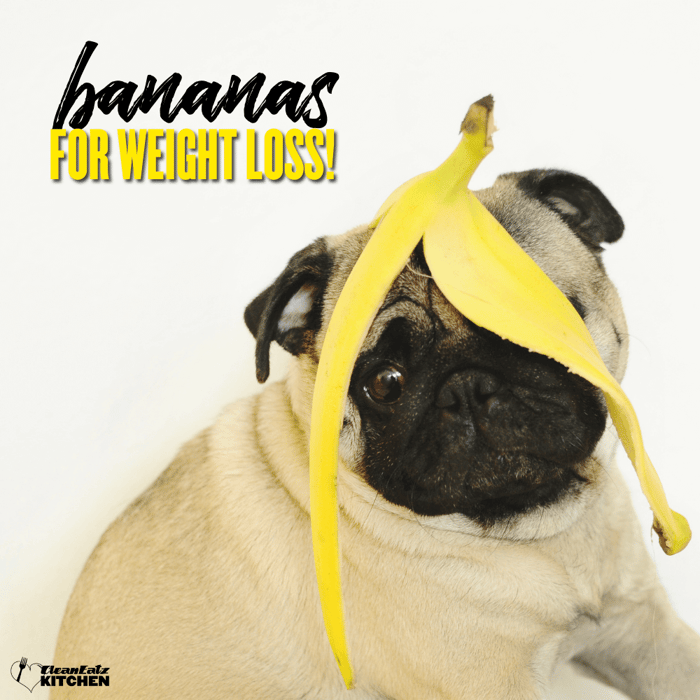Can diet soda actually help with weight loss? The short answer: it can support a calorie deficit when it replaces sugary soda—but it’s not a nutrition upgrade, and long-term benefits are mixed. Use it as a tool alongside balanced, protein-forward meals and plenty of water.
Keep exploring the article as we are going to tackle the following points:
- What counts as “diet soda”
- Whether it helps with weight loss
- How to use it (without derailing progress)
- Pros & cons
- Safety & acceptable daily intake (ADI)
- What to eat from Clean Eatz Kitchen
- FAQ
What Is Diet Soda?
Diet sodas are soft drinks sweetened with non-nutritive sweeteners (for example: aspartame, sucralose, acesulfame-K, stevia). They provide sweetness with little to no calories, unlike regular soda made with sugar or high-fructose corn syrup.
Does Diet Soda Help With Weight Loss?
It can—when it replaces sugary soda inside a calorie-controlled plan. In structured programs, swapping to non-sugar-sweetened beverages often helps people reduce calories and lose a modest amount of weight. Big-picture guidance is more cautious about long-term reliance, so treat diet soda as a support tool, not the entire strategy.
Bottom line: If diet soda helps you keep a sustainable calorie deficit without triggering extra snacking, it can fit into a successful plan.
How to Use Diet Soda (Without Derailing Progress)
- Replace, don’t add. Use it to displace regular soda; keep total daily calories in check.
- Prioritize hydration. Make water, unsweetened tea, and black coffee your defaults; diet soda is an occasional assist.
- Watch habits. If sweet drinks fuel cravings or grazing, limit frequency and pair with balanced meals.
- Know the numbers. A 12-oz regular soda is ~140 calories; replacing it daily can matter over time.
Pros & Cons
| Pros | Cons |
|---|---|
| Very low/zero calories; easy swap for sugar-sweetened soda. | Not a nutrition upgrade; may maintain a preference for sweet tastes. |
| Can support weight loss in structured programs. | Long-term benefits are uncertain; moderation is prudent. |
| Generally neutral for acute blood-sugar/insulin vs. water. | Some observational links with cardiometabolic risks (association ≠ causation). |
Safety & Acceptable Daily Intake (ADI)
Regulators set ADIs for each sweetener (for example, aspartame ~40–50 mg/kg/day depending on authority). Typical intake from diet soda is well below these limits. If you are a heavy consumer, sanity-check your intake against the ADI and keep water as your default.
What to Eat From Clean Eatz Kitchen
- Build-A-Meal Plan — set portions and macros to match your calorie target.
- Meal Plans — curated options for weight-focused goals.
- Protein PB&J — 11 g protein snack to bridge long gaps between meals.
- Cleanwich — convenient high-protein sandwich for busy days.
Final Thoughts
Diet soda can be a useful stepping stone: it saves calories versus sugary soda, but it doesn’t replace the impact of overall diet quality. Keep the focus on protein, fiber, and minimally processed foods; use diet soda in moderation.
FAQ
Is diet soda good for weight loss?
It can help when it replaces regular soda as part of a calorie deficit. Use it as a tool alongside nutritious meals—don’t rely on it alone.
Does diet soda raise blood sugar?
Generally no. Zero-calorie sweetened beverages are typically neutral for short-term glucose and insulin responses compared with water.
How many diet sodas are “too many”?
Stay comfortably below sweetener-specific ADIs and prioritize water. If you’re drinking several cans daily, scale back.
What’s a smarter swap than regular soda?
Plain or sparkling water, unsweetened tea, or black coffee. If you want sweetness, try flavored sparkling water first.



